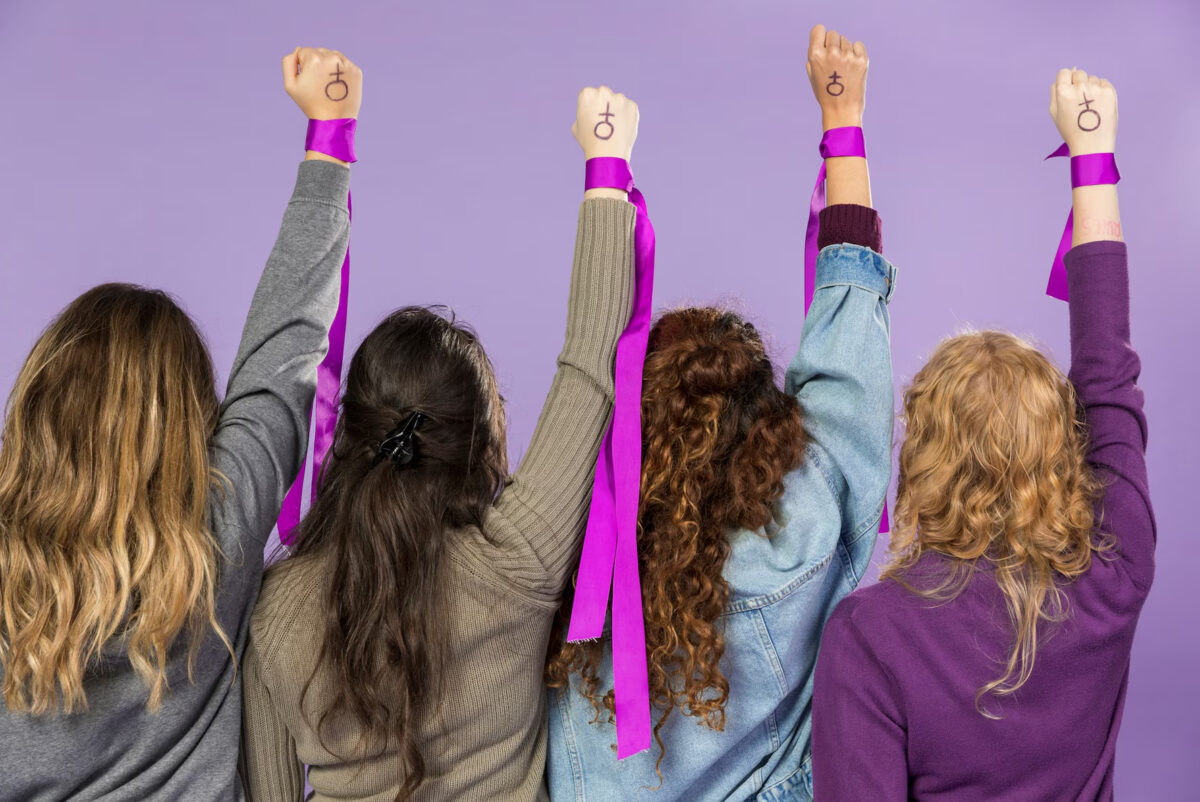March 8, International Women’s Day, a time not just for congratulations, but an opportunity to once again draw the attention of global society to key issues related to the protection of women’s rights. In the countries of Eastern Europe and Central Asia (EECA), women from vulnerable groups face daily (!) special problems specific to this region and challenges in fighting for their rights. These include access to health care, education, protection from discrimination and violence, and the ability to participate in public life. In the last year alone, REActors documented 1,109 referrals, the majority of which were from women from vulnerable groups.
Women facing HIV often face double discrimination – because of their gender and the stigma associated with the virus. A woman can be evicted without explanation, unfairly accused of HIV infection, and psychologically traumatized. In many countries in ЕЕCA, access to adequate medical care and social support for this group remains inadequate.
Female sex workers also face serious challenges, including violence, assault by partners or relatives, exploitation, and lack of protection from government authorities. Sexual violence crimes, particularly when the victim is a sex worker and the perpetrator is a government official, are exceptionally difficult due to the complexity of provable charges, which remain largely victim-dependent, and the lack of the necessary framework to reduce the risk of retraumatization of the victim. Laws about sex workers often discriminate against them and fail to provide the necessary rights and protections. To date, none of the Central Asian countries have ratified the Istanbul Convention.
In EECA countries, LGBTIQ women often find themselves in a particularly vulnerable situation due to double discrimination based on gender and sexuality. They may be intimidated, physically abused, threatened and harassed.
Women who use drugs also face the threat of violence, poverty, and lack of access to health and social services. In many countries in the EECA region, drug policies put additional pressure on women and their rights.
March 8 is not just a holiday, but also a day of struggle for rights. It should be noted that it is important not only to be aware of them but also not to be afraid to fight for them. Many women from vulnerable groups may feel isolated or helpless due to stigma and discrimination, but uniting and solidarity can make their voices stronger.
Reaching out to national REActors and non-governmental organizations (NGOs) specializing in women’s rights and the protection of vulnerable groups is also important. They are the ones who can provide counseling, legal, and psychological support, and other services to help protect women’s rights. Through prompt intervention, the woman is not left alone with the problem or her abusers. Her voice becomes stronger and the fear of fighting for herself recedes because she has much-needed, relevant support.
Also, in addition to individual action, organizing into collectives and social movements is important. Collective strength can be decisive in fighting for changes in laws, policies, and public opinion about women’s rights and interests.
It is important to remember that no one should be left alone in the fight for their rights. March 8 is not just a tradition from the Soviet past to give flowers. It is a real opportunity for women from vulnerable groups to find support, inspiration, and strength to continue their struggle. Together, we can make greater progress towards equal rights and opportunities for all women, regardless of their social status or identity.
Also read:
HIV Criminalization Awareness Day: fighting for justice and understanding


